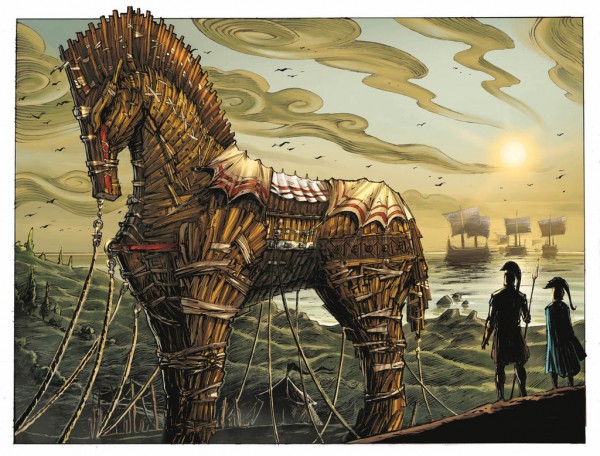Last edited by Copperknickers II; February 05, 2017 at 04:09 PM.
A new mobile phone tower went up in a town in the USA, and the local newspaper asked a number of people what they thought of it. Some said they noticed their cellphone reception was better. Some said they noticed the tower was affecting their health.
A local administrator was asked to comment. He nodded sagely, and said simply: "Wow. And think about how much more pronounced these effects will be once the tower is actually operational."







 Reply With Quote
Reply With Quote


































